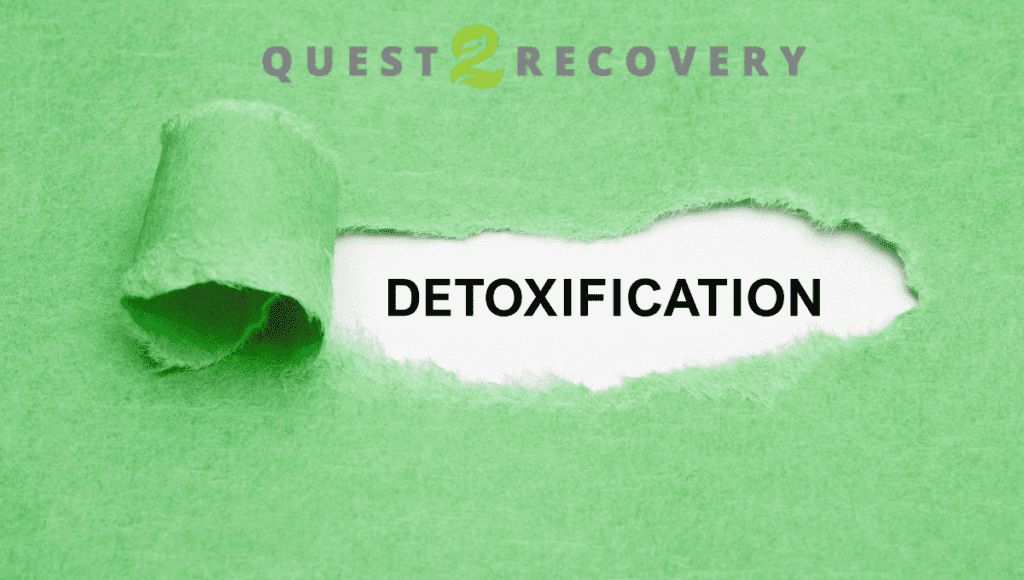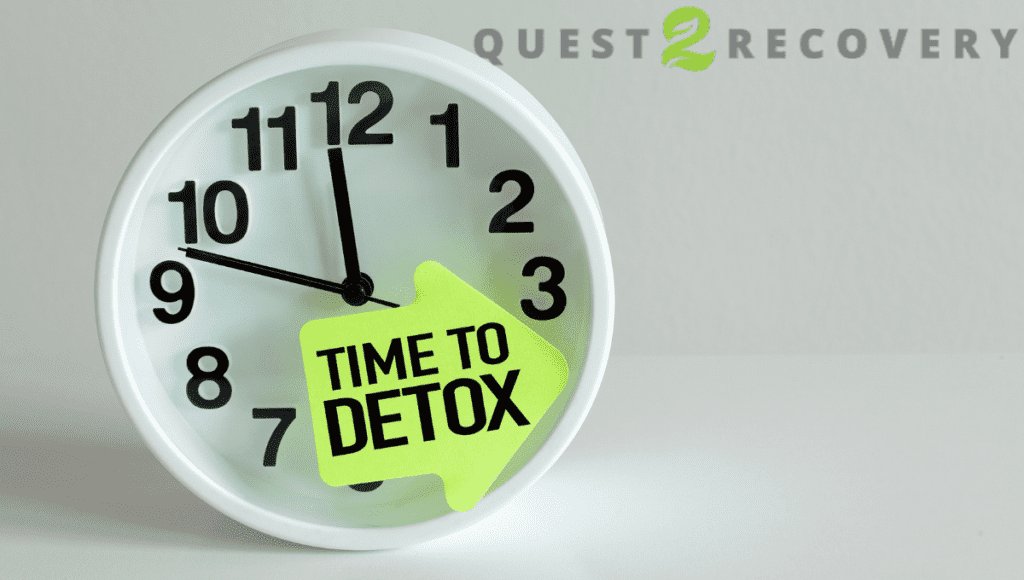It is not uncommon for people to fear the detoxification process from various substances. We hear horror stories about what it is like. The real truth lies in which substances you are abusing, how long you have been misusing them, and your physical health. Before you attempt any self-detox from a substance we highly encourage you to talk to a doctor first. In the meantime, we can share some information that can help you feel empowered to make the right decision.
What Is The Goal Of Drug and Alcohol Detoxification?
Detoxification from substances can be broken down to these three objectives:
- Helping your body process these unwanted toxins as safely and comfortably as possible
- Effectively managing withdrawal symptoms, whether mild or acute, often with the aid of tapered medication
- Creating a platform for ongoing treatment once detox is complete to ensure a seamless transition into recovery proper
How to detox your body from drugs the most effectively will vary based on how long, how often, and how much of the particular drug you usually take.

How Your Body Processes Drugs & Withdrawal Symptoms
Every individual’s metabolism is unique, and because of this, everyone has a different experience with detox. How long a drug remains in your system varies between individuals, different drugs, and different routes of administration. Drugs that have to be processed by the stomach will take longer to take effect and stay in your system longer than drugs that are smoked, snorted, or injected intravenously.
After taking a drug, your body processes it and releases chemicals that affect your brain, causing the high. However, as your kidneys filter toxins from your blood and your liver processes chemicals found in the digestive tract, the chemicals causing a high are slowly removed from your system. They’re then excreted, typically through sweat, saliva, and urine.
Factors Affecting the Detox Process
The entire detox process may take anywhere from a few days to several months. For instance, alcohol leaves the body after a few days but detoxing from cravings may take much longer. How long detox takes depends on a number of factors, including:
- Which substance was abused.
- If multiple substances were abused.
- How often the user abused the substance.
- How much of the substance the user took.
- The presence of underlying co-occurring mental health conditions.
- The user’s medical history.
- The user’s age.
- The user’s gender.
Natural Drug Detox
Natural detox focuses on removing toxic substances from your body without assistance from any medication. This is what most people will experience if they choose to detox at home.
While doing a home drug detox can save money, it’s also recognized as the least effective way to detox. Many people start out with a powerful desire to change their life, only to find the withdrawal symptoms push them into relapse.

Dangers of Natural Detox
At-home detox is likely to be natural and to harness many of the elements above to help your body speedily discharge all those harmful toxins and prepare you and your system for ongoing recovery. As such, you are unlikely to receive medication. In many instances, this can be inadvisable and downright dangerous.
If you have been drinking heavily, using benzodiazepines, opioids or stimulants like cocaine, quitting without medical supervision is unwise. Not only is it unlikely to be successful, but you could also even suffer from life-threatening withdrawal symptoms.
Medically Supervised Detox
A medically supervised detox can be completely natural (without medication), but still take place in a medical setting. In this scenario, you’ll have access to doctor supervision and, if needed, medical intervention.
Medically supervised detox can be done in either an inpatient or outpatient setting and is a much safer way to take the first step in conquering an addiction than going it alone. The main difference between natural and medical detox is the use of withdrawal symptom-relieving detox medications.

Tips To Get Through Drug Detox
1. Check Into A Certified Detox Center
Quitting drugs cold turkey on your own isn’t safe. Some drugs, including heroin and opioids, can cause severe withdrawal symptoms. Alcoholism puts people at risk of deadly seizures during detox. You could also give in to drug cravings and accidentally overdose.
2. Stick With A Nutritious Diet
Drug withdrawal will throw your whole digestive system off. Being nauseous, throwing up, and having diarrhea is common.
Even if you’re not hungry, eat healthy foods. Your body needs nutrients, especially vitamin C and niacin, to endure detox. Get your five cups of fruit and veggies each day. Load up on protein from fish, lean meats, and legumes. Chicken soup can aid drug detox just like the flu. Chocolate will release endorphins to make you feel happier too.
3. Increase Your Water Intake
Water flushes away drug toxins to withdraw faster. Plenty of fluids are needed to keep your organs, especially your liver, detoxifying. You need to replenish the water you’ve lost from vomiting and diarrhea. Some detox patients suffer from severe sweating and a runny nose. Colder water helps cool down feverish body temperatures. Drink around 100 ounces or 12 cups of water per day to properly hydrate. Remember juicy fruits, tea, coffee, and low-sugar juices also deliver H20.
4. Stay Physically Active
During drug detox, you may want to curl up in a fetal position and cry. It’s a tough process, but you can do it! Regular, low-intensity exercise can help you through. Getting your blood pumping will release a feel-good hormone called dopamine. Go for a walk or a moderate hike. Swim laps in the detox center’s pool. Play a friendly game of basketball or kickball. When cravings hit, launch into some lunges and squats. Moving around distracts you and keeps you from wallowing.
5. Practice Breathing Exercises
Your lungs have stretch receptors that suppress your nerves when you inhale deeply. Each exhale breathes out toxins and stress. Getting more oxygen to your cells will boost the drug detox too. Start by getting comfortable in a quiet place. Shut your eyes and wipe your mind clean. Take a deep breath through your nose to your diaphragm. Hold the breath for seven seconds and push it out for eight seconds. Practice deep breaths for 10 minutes before bedtime to sleep better.
6. Lean On Your Support System
There’s no shame in needing help. Don’t push away detox center staff who try to console you. The doctors, nurses, psychologists, and other clinicians want what’s best for you. They’re there for friendly, non-judgmental chats. Open up about the pain and emotions you’re feeling. Talk out the pent-up anger and frustration. If possible, connect with your loved ones too. Call a parent, sibling, spouse, or best friend about your progress. Or write an old-fashioned letter to send their way.
Start Your Recovery Process Today
Detox is the integral first step of recovery. For individuals suffering from a Substance Use Disorder (SUD), entering detox can be life-saving. Medication-assisted treatment can reduce painful withdrawal symptoms and increase your chances of successfully moving on to an inpatient or outpatient rehab program and therapy. Contact our team today for information about available detox options.









